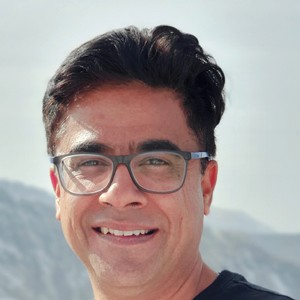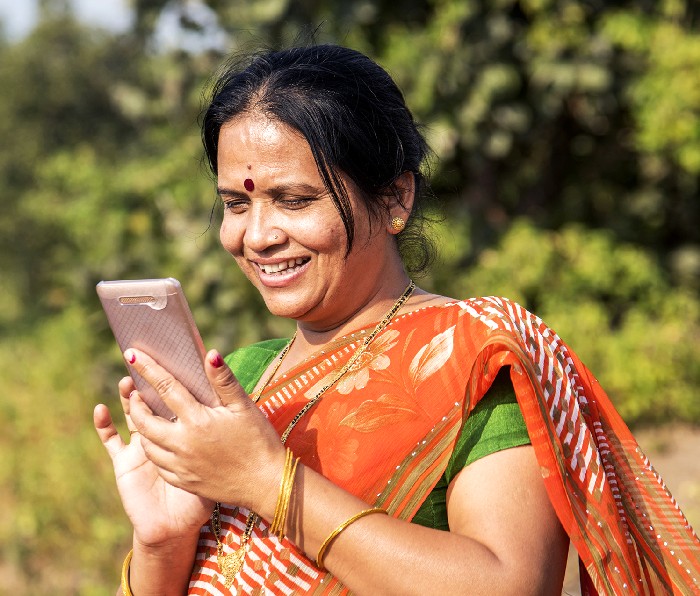
VIRAJ TYAGI
CEO, eGov Foundation
We exist to improve the quality of life of ordinary citizens across all 4400+ towns & cities in India. The nation is at the cusp of a new revolution, where digital technology is not so much about “digitising and automating” as it is about humans: improving quality of life, removing barriers, and creating trust between all stakeholders in the community. We see ourselves as thinker-doers, catalysing an ecosystem of citizens, governments, and enterprises to come together and improve the quality of life for every citizen in cities and towns across India.
In 2015, Hon. Prime Minister Narendra Modi said, “I dream of a Digital India where ICT-enabled citizen-government interface is incorruptible.” eGov’s open digital platform – DIGIT – and the services built on it have already seen great impact in several states, across service areas such as water connections, trade licenses, obtaining certificates, building plan approvals, payment of municipal taxes, resolution of civic complaints, etc. Over the past 17 years, we have worked with city and state governments to deliver timely, transparent and efficient local services to the citizens.

